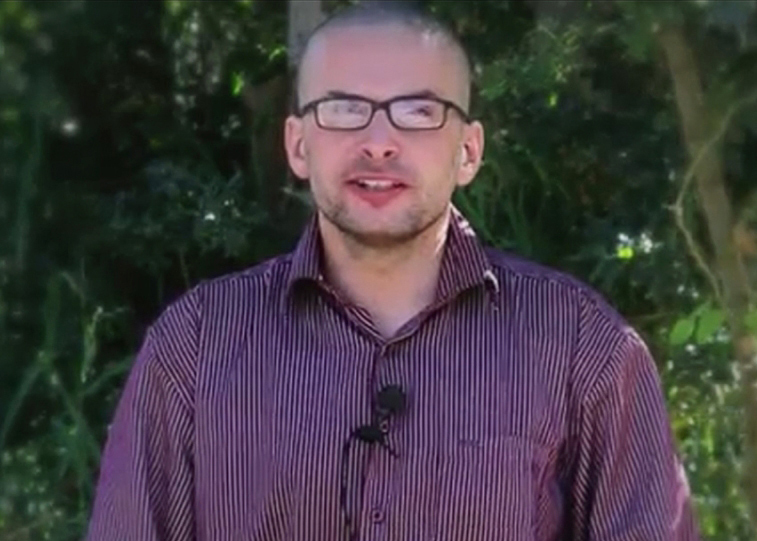US still open to hostage rescue missions despite recent failures

The US has not been put off the possibility of carrying out future rescue missions to free hostages despite several failed attempts in recent months.
The latest American hostage to be killed by militants was Luke Somers, who was being held in a remote part of Yemen.
Al Qaeda militants shot American photo journalist Somers and South African teacher Pierre Korkie during a rescue attempt led by US Special Forces.
Despite three failed raids to free US hostages held by militants, officials indicated on Sunday that the US would continue to conduct such operations, as President Barack Obama grapples with a spate of kidnappings and killings of American citizens.
Defense Secretary Chuck Hagel defended the operation to save Somers and Korkie, and the intelligence that lay behind it, and suggested there would be no wholesale review of US policy.
"I don't think it's a matter of going back and having a review of our process. Our process is about as thorough as there can be. Is it imperfect? Yes. Is there risk? Yes," Hagel said on a visit to Tactical Base Gamberi in eastern Afghanistan.
"But we start with the fact that we have an American that's being held hostage and that American's life is in danger and that's where we start. And then we proceed from there," he said.
An earlier raid in mid-November to free Somers also was unsuccessful - he wasn't present when US and Yemeni forces arrived - as was a July attempt to rescue American journalist James Foley, held by Islamic State in Syria. Foley was later beheaded.
Yet however high-risk, the increasingly frequent rescue attempts seem unlikely to stop now, particularly as Obama holds fast to a policy of refusing to pay ransom for captives.
A review of hostage policy that Obama ordered this summer will not include the issue of ransom, the White House has said.
That review was begun "in light of the increasing number of US citizens taken hostage by terrorist groups overseas and the extraordinary nature of recent hostage cases," National Security Council spokesman Alistair Baskey said.
"Barack Obama's discovering what a nightmare dealing with hostage problems is - a discovery previously made by Jimmy Carter and Ronald Reagan," said Bruce Riedel, a former senior CIA and White House counter-terrorism official.
"I don't see a lot of room for change in American policy," said Riedel, now at the Brookings Institution think tank.
The Foley raid and the first attempt to free Somers failed because they apparently had been moved before US troops arrived, illustrating the limits of intelligence on captives' whereabouts. Somers and Korkie were shot by their captors when they detected the presence of the approaching Special Forces rescue team, officials said on Saturday.
The stepped-up rescue operations are a direct result of more than a decade of nearly non-stop raids against militants by elite US forces in Iraq, Afghanistan and elsewhere.
"We're more capable now, borne out of 13 years of counter-terrorism," a senior US defence official said. "But I wouldn't describe it as a more aggressive policy. ... the threat (to hostages), I think, is a little bit more pervasive too."
Sometimes the raids succeed. In January 2012, US Navy SEALS parachuted into Somalia and rescued an American and a Danish aid worker, killing nine of their kidnappers.
"I think you have to try" to mount rescues, Riedel said. The message it sends, he said, is "one, we're not going to pay and two, the hostage-takers are at great risk."
Source: Reuters











